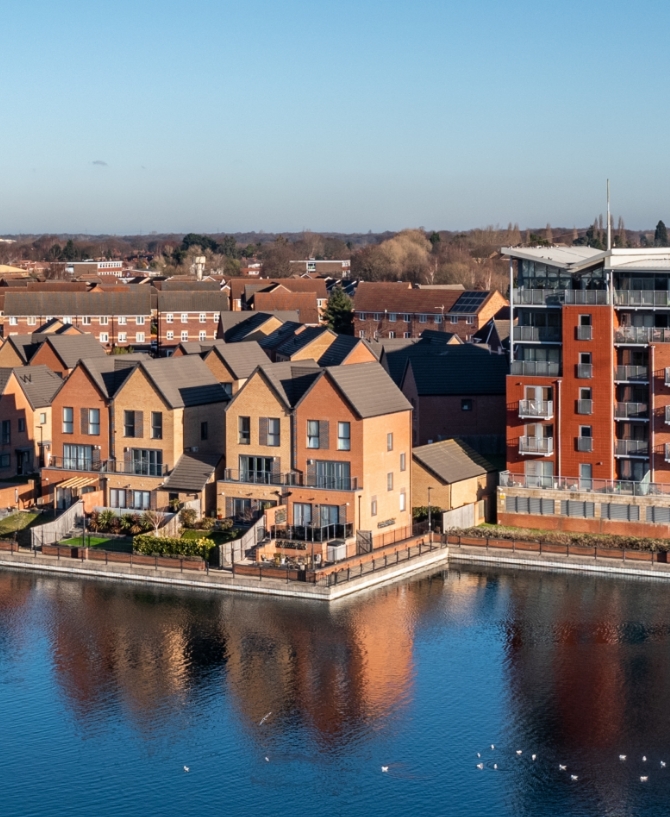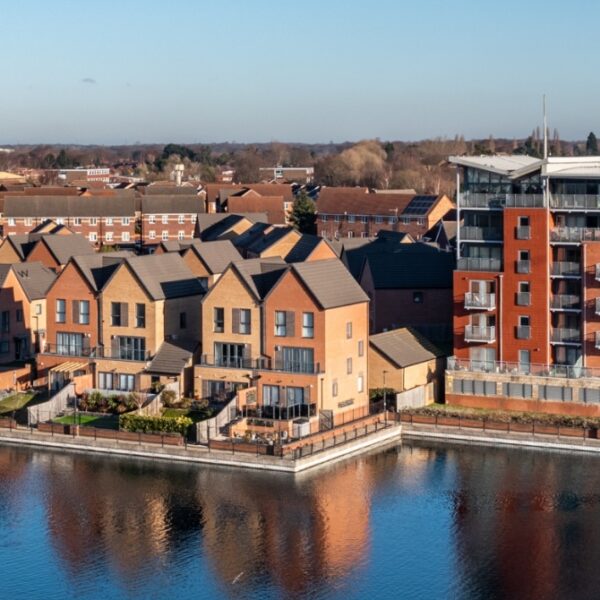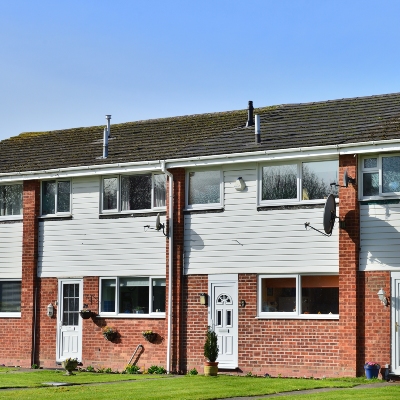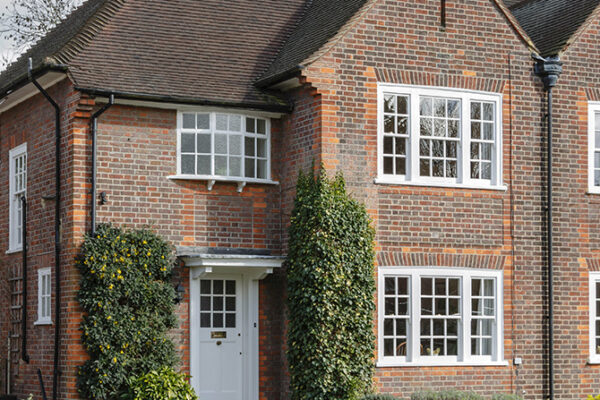Shared ownership schemes help people who wouldn’t ordinarily have afforded a property to get themselves on the property ladder.
The main principle behind buying a shared ownership house is that instead of having to buy a home outright, you purchase a share (normally between 25% and 75%). The other share in the property will be owned by the Housing Association and you will pay that Housing Association a rent at a subsidised rate.
Before you can buy a shared ownership property, you will need to be approved by the Housing Association. You can buy a home through Shared Ownership if:
- Your household earns £80,000 a year or less outside London, or your household earns £90,000 a year or less in London.
- You are a first-time buyer, or were previously a homeowner but can no longer afford to buy, or you are an existing shared owner looking to move on
- If you are aged 55 or older, you may be eligible for Older People’s Shared Ownership. These leases are capped at 75% shared ownership – it means you can’t own more than 75% of the property. You could own less than that percentage, but if you choose to own 75%, you will not pay rent on the remaining 25%.
The terms and conditions involved in shared ownership agreements can be complex
HSR Law can assist you to ensure your mortgage offer, contracts, and Stamp Duty Land Tax all comply with the shared ownership scheme requirements. Shared ownership properties are often sold as leasehold as opposed to freehold so HSR Law can talk you through the implications of this and ensure you will not be disadvantaged by this.
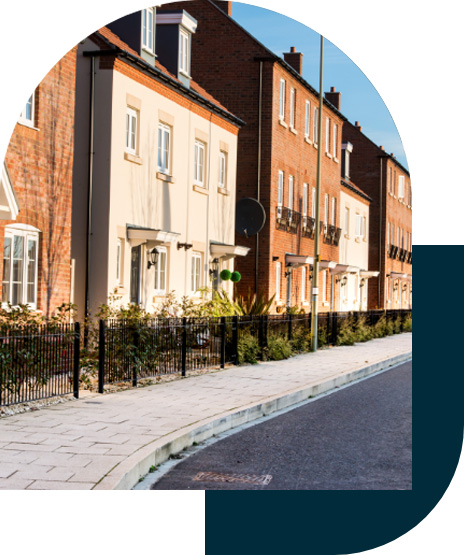
We are CQS Accredited
The Conveyancing Quality Scheme (CQS) accreditation demonstrates that HSR Law Solicitors can provide residential conveyancing advice of the level expected by clients, lenders and the wider residential conveyancing community.
Being CQS accredited means we have the expertise to deliver quality residential conveyancing advice and use standardised processes to manage and reduce risks.
Your Shared Ownership Team
Property FAQs
Exchange means that your contract to purchase is now legally binding. If you withdraw from the sale, you will lose the deposit you paid. On exchange you also set the date for completion.
No, your Lenders grant the mortgage but they ask us to confirm that the valuation has no errors and that there are no issues with the property that they should be informed of. It is our job to ensure that both you and your Lender are happy to proceed.
Someone over 18 has to witness your documents and no one that is related to you
The ISA can only be used as part of completion funds to pay the balance of the property. It cannot be used as the deposit. Your buyer’s solicitor may agree to accept a lower deposit on exchange. Your solicitors can charge £50 plus VAT for applying for this for you.
If you are a cash buyer this is your choice, but HSR Law would always advise that you do obtain searches . If you are purchasing with the aid of a mortgage, this is mandatory. The main searches are as follows:
Local Authority
A local authority search will provide you with detailed information about your property and the surrounding areas including planning entries and road adoptions. This will give you peace of mind before going ahead with the purchase of your new home and ensure you avoid any surprises in the future
Water and Drainage
A water and drainage search will confirm the proximity of the property to public sewers, whether the property has a sewer running within the boundaries of the property and if the property is connected to mains services.
Environmental search
An environmental search would confirm whether the previous land use of the property creates a potential environmental risk. This search will highlight issues which would include:
Landslides
Subsidence
Contaminated land such as historic landfills and waste sites
The risk of flooding from nearby rivers or seas
Mining search
A mining search is required if the property is situated in an area of previous or current mining history and is at risk of being built on unstable ground.
If you hold the property as joint tenants, both of you will own the whole of the property. You will not each have a quantified share in the property and will not be able to leave a share of the property in your will. If you sell the property, or if you separate, it will be presumed that you both own the property equally.
If you hold the property as tenants in common, each of you will own a specified share in the property. For example, one owner could own 70% of the property while the other holds 30%. The percentage shares are commonly used to reflect the amount of money contributed.
If you buy a property freehold, it means you completely own the property and the land it sits on
When you buy a property that is leasehold, you own it for a set length of time, which is the term of the lease.
Click here to read our Freehold vs Leasehold factsheet.
Our Latest Residential Property News
- Am I Eligible for the Right to Buy Scheme? Key Rules ExplainedThe Right to Buy scheme helps council tenants purchase their homes at a discount, but not everyone qualifies. In this guide Amy Fields, Partner and Head of Residential Conveyancing explains who can apply, how discounts are calculated, and how our team can support you through the process from start to completion.
- A quick guide to remortgagingRemortgaging is the process of switching your existing mortgage to a new deal, either with your current lender or a different one.
- Traditional v Modern AuctionsExploring and comparing the difference between traditional and modern method auctions when purchasing property.
- Stamp Duty Changes from 1st April 2025Significant changes to Stamp Duty Land Tax (SDLT) are being implemented from 1st April 2025.
- Freehold vs Leasehold Property: What’s the difference and which is right for you?Understanding the difference between freehold and leasehold is crucial when buying or selling property in England and Wales. This guide explains what each type of ownership means, how they affect your rights and responsibilities, and what to consider before making a decision.
